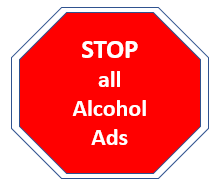Enjoy Sol sensibly, Why? Is there alcohol in it? If so how much?
How much Sol can I drink? A) Sensibly; B) To get drunk
Is Sol expensive? How much does it cost?
I’m only 17, can I drink Sol?
I’m pregnant, can I drink Sol?
I’m overweight, can I drink Sol?
I’m a diabetic, can I drink Sol?
I’m driving, can I drink Sol?
I’m healthy and want to stay that way, can I drink Sol?

